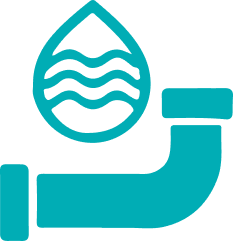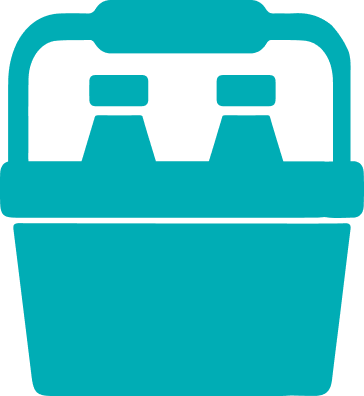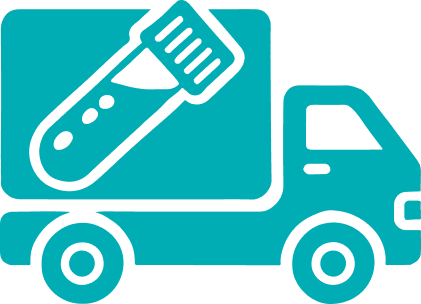Post-Flood Testing
Ensure Water Safety After Flood Events
Flooding can introduce harmful contaminants into water supplies, making it unsafe for drinking, cooking, and other uses. Our Post-Flood Testing Services provide a thorough analysis of your water quality to ensure it is safe and compliant with health standards.
"*" indicates required fields
Why Post-Flood Testing is Crucial?
Floodwaters can carry a wide range of pollutants, including bacteria, chemicals, and heavy metals, which can contaminate both private wells and municipal water supplies. Testing is essential to:

Flooding often introduces E. coli, coliform bacteria, and other microorganisms into water systems, posing serious health risks. Learn more about our E. coli and coliform testing process and its importance after flood events.

Agricultural runoff, industrial chemicals, and fuel spills are common during floods and can seep into water supplies. These risks are commonly assessed through our agricultural runoff testing and VOC analysis.

Metals such as arsenic, lead, and mercury may enter water sources from disturbed soils or infrastructure damage.

Changes in taste, odor, or appearance often indicate contamination requiring immediate attention.
Pro Tip: Contaminants introduced by flooding are often invisible and odorless, making professional testing essential for accurate detection.
Our Post-Flood Testing Services
We provide comprehensive water testing to identify flood-related contaminants, including:

Detect harmful microorganisms like E. coli, coliforms, and Legionella.
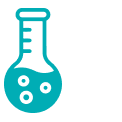
Test for volatile organic compounds (VOCs), pesticides, and industrial chemicals.
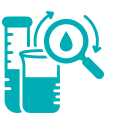
Analyze for arsenic, lead, mercury, and other metals using advanced technology.
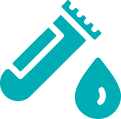
Assess turbidity, pH levels, and total dissolved solids (TDS) to evaluate water clarity and quality.
Our Testing Process is Simple and Efficient
01.
Reach out to schedule your test at a convenient time for you.
02.
Some parameters, like pH and chlorine, conductivity, turbidity, can be tested momentarily with
Read More
Read More
Read Less
03.
We can visit your location to collect water samples, ensuring proper techniques are followed for
Read More
Read More
Read Less
04.
Get detailed, actionable insights from our reliable reports, helping you address any water quality concerns effectively
Expert Insights on Testing Methods
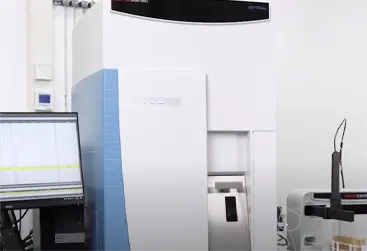
ICP-MS (Inductively Coupled Plasma Mass Spectrometry) for detecting trace metals with precision.
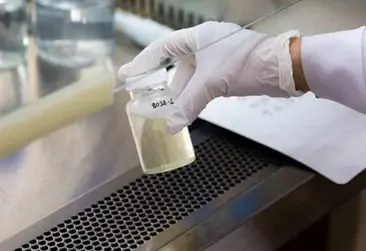
Microbiological Testing for identifying pathogens like E. coli and Legionella.
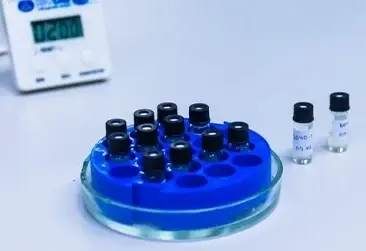
Ion Chromatography for measuring ions like nitrates and sulfates.
Who Needs Post-Flood Testing?
Not Sure If You Need Testing? Contact Us for Guidance
Don’t wait for issues to arise—regular testing can prevent costly problems and health risks.
Our services are designed for:
Benefits of Regular Testing

Detect harmful bacteria, chemicals, and metals that pose serious health risks.

Know your water is safe for drinking, cooking, and everyday use.

Identify and address issues before they worsen or require costly remediation.
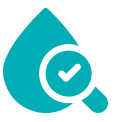
Ensure water meets EPA and local health standards.
When to Perform Post-Flood Testing
Immediately After Flooding: Test as soon as possible to identify urgent safety concerns.
If You Notice Changes: A sudden difference in water taste, smell, or appearance could indicate contamination.
Before Using Well Water: After floodwaters recede, testing is essential before resuming regular use.
Annually in Flood-Prone Areas: Routine testing helps monitor long-term effects of repeated flood events.
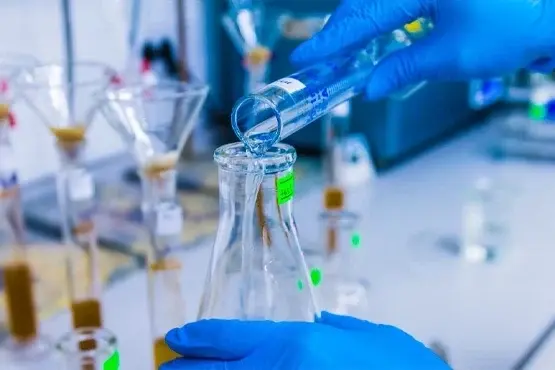
Reliable Water and Air Quality Testing Services
Protect your environment with our specialized water and air quality testing solutions, offering comprehensive analysis to detect contaminants, convenient sample collection, and on-site testing for immediate results. Contact us today to schedule a consultation or on-site visit and take the first step toward a healthier, safer environment!
Frequently Asked Questions
What contaminants are common in water after a flood?
Floodwater often carries bacteria, viruses, pesticides, VOCs, and heavy metals, which can seep into water systems and cause serious health risks.
How soon should I test my water after a flood?
Testing should be performed immediately after flooding, especially before resuming use of private wells or other water sources.
Can floodwater contamination affect municipal water supplies?
Yes, large-scale flooding can overwhelm municipal water systems, introducing contaminants. Boil water advisories are often issued as a precaution.
What happens if my water is contaminated after a flood?
We provide tailored recommendations, such as shock chlorination, filtration systems, or other remediation measures, to restore water quality.
Is post-flood testing required for private wells?
While not federally mandated, testing is strongly recommended to ensure safety and protect health in flood-impacted areas.
Request a Test or Consultation
Fill out the form below, and our team will get back to you as soon as possible.
"*" indicates required fields

